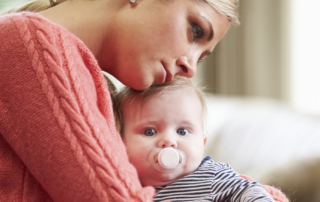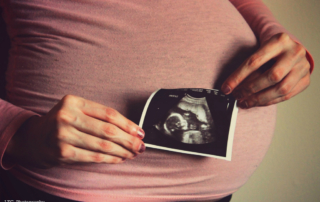Infertility Increases Risk of Serious Psychiatric Illness
Multiple small studies have demonstrated a link between infertility and psychological distress, reporting high rates of anxiety and depressive symptoms among women with infertility. These studies have evaluated psychiatric symptoms or psychological distress; however, less is known about the prevalence of more significant psychiatric disorders in this population.





![By Vera Kratochvil [Public domain], via Wikimedia Commons](https://womensmentalhealth.org/wp-content/uploads/2015/06/Mother_Kissing_Baby-320x202.jpg)
